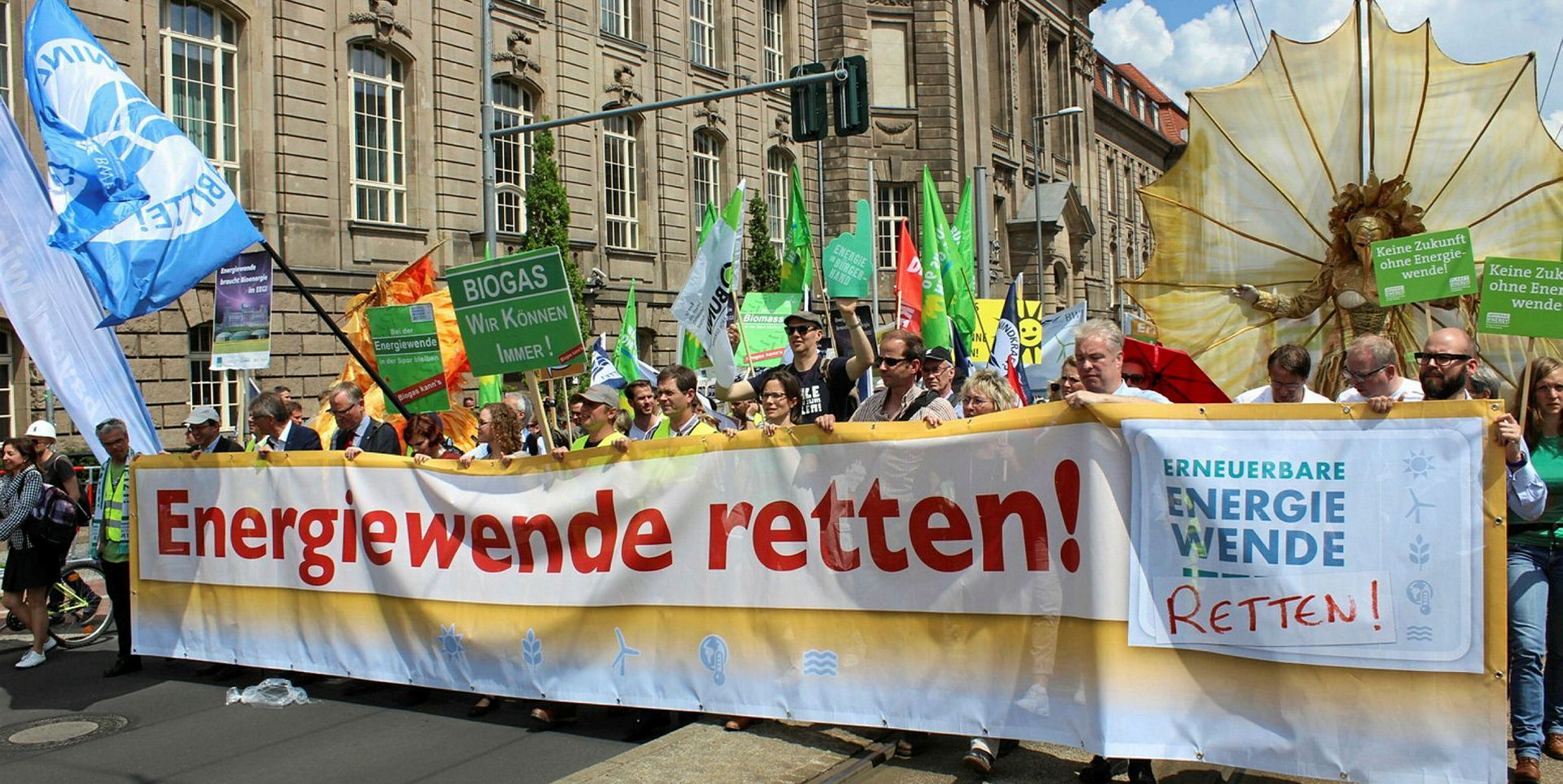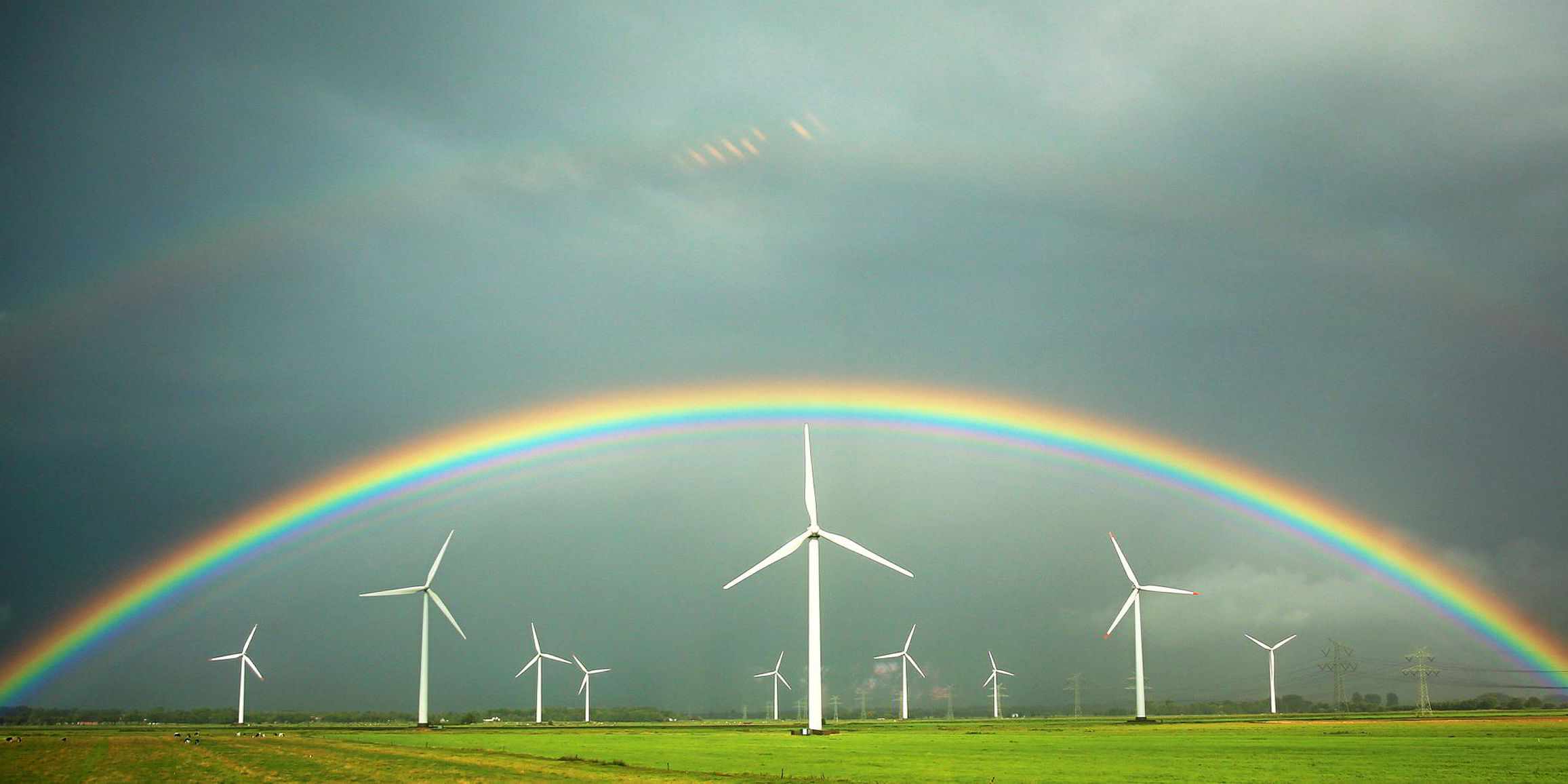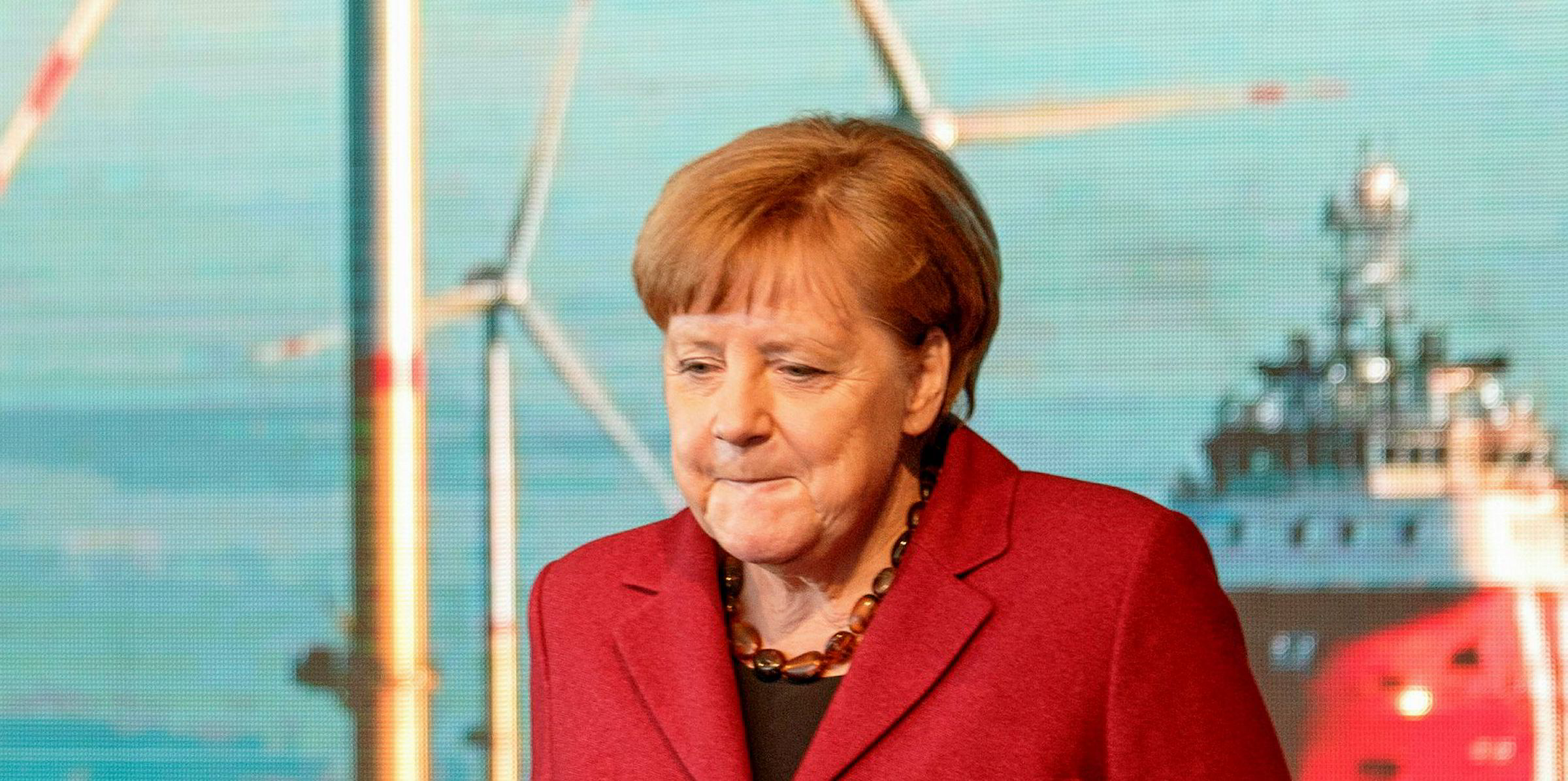Germans delivered a damning verdict on their government's handling of the Energiewende – the country’s transition from nuclear and fossil to renewable energy – even though most support its aims.
Among 6,500 people polled in the Social Sustainability Barometer 2019, 78% (+ 3 percentage points) said the Energiewende was expensive, while 66% (+6) reckoned it was chaotic, 56% (+5) thought it was unfair, and 51% found it elitist (+4).
That stands in stark contrast to the 82% support for the overall aims of the energy transition.
Ortwin Renn, scientific director at the Potsdam institute for advanced sustainability studies (IASS), which conducted the survey, said such a discrepancy between support for the goals of the Energiewende, but disapproval of the way it is being carried out is highly unusual.
“We can only explain this with people having less and less trust in politicians.”
Only one in five of those surveyed could see a way to influence and take part in the energy transition.
Berlin in a 2017 reform of Germany’s Renewable Energies Act (EEG) had switched the allocation of support from fixed feed-in tariffs (FITs) to support allocated in tenders, which triggered a switch from an Energiewende broadly based on community power to one led by large developers and utilities – a transformation that eroded participation.
The government of Chancellor Angela Merkel in recent month has also failed to remove obstacles to the permitting of onshore wind, the expansion of which has collapsed, or to end a cap on solar support.
“Politicians would be well advised to turn around and make the Energiewende a project again in which people feel invited to participate,” said Stephan Muschnick, managing director of the Innogy foundation for energy and society.
The poll also shows that most people support wind power also on land, almost two-thirds support Germany’s coal exit, and more than half are willing to pay more for energy to help climate protection.



